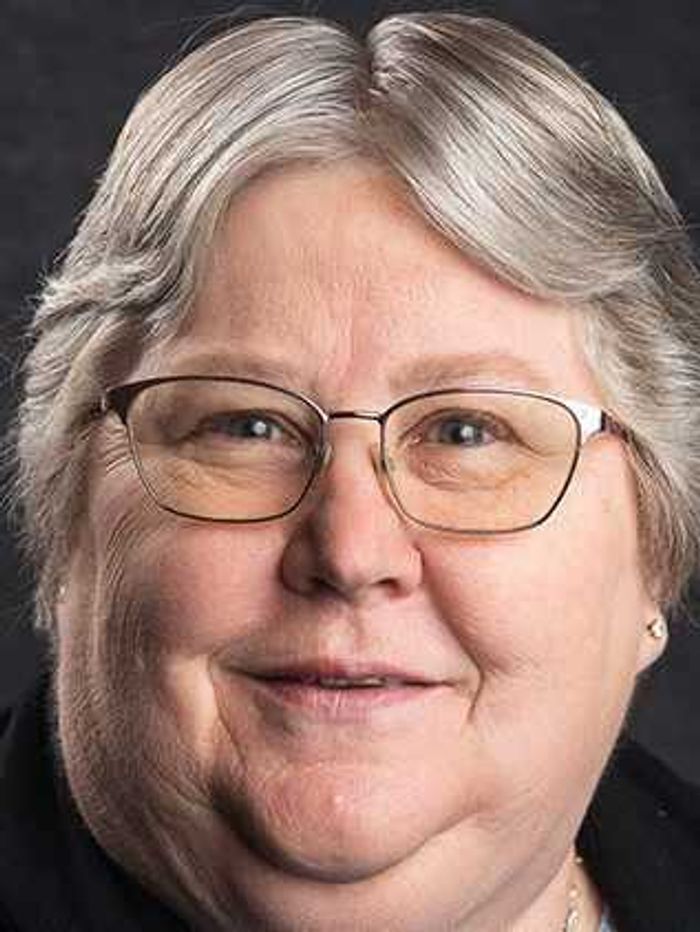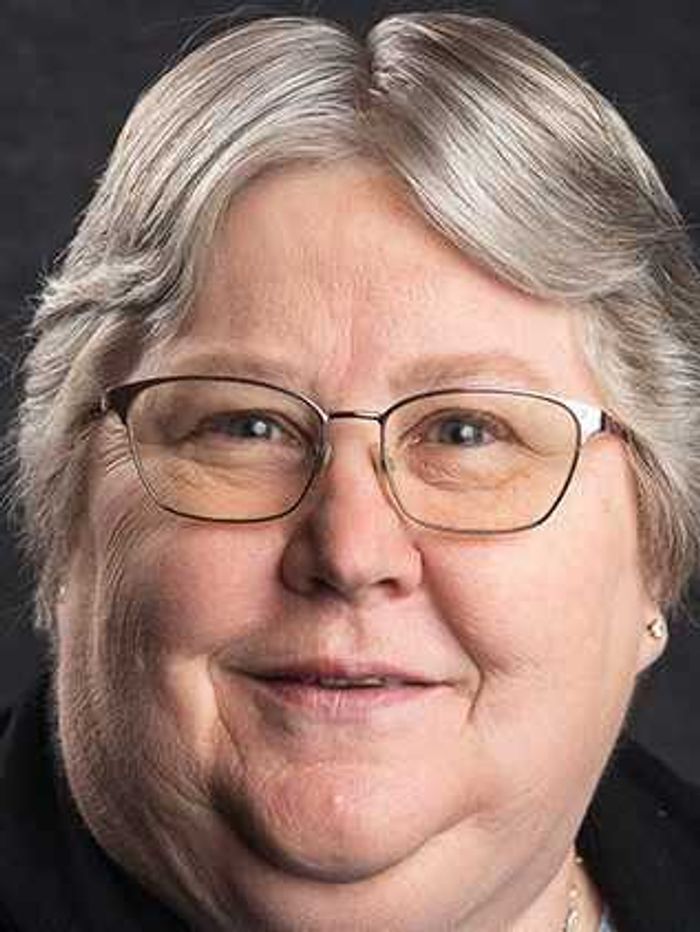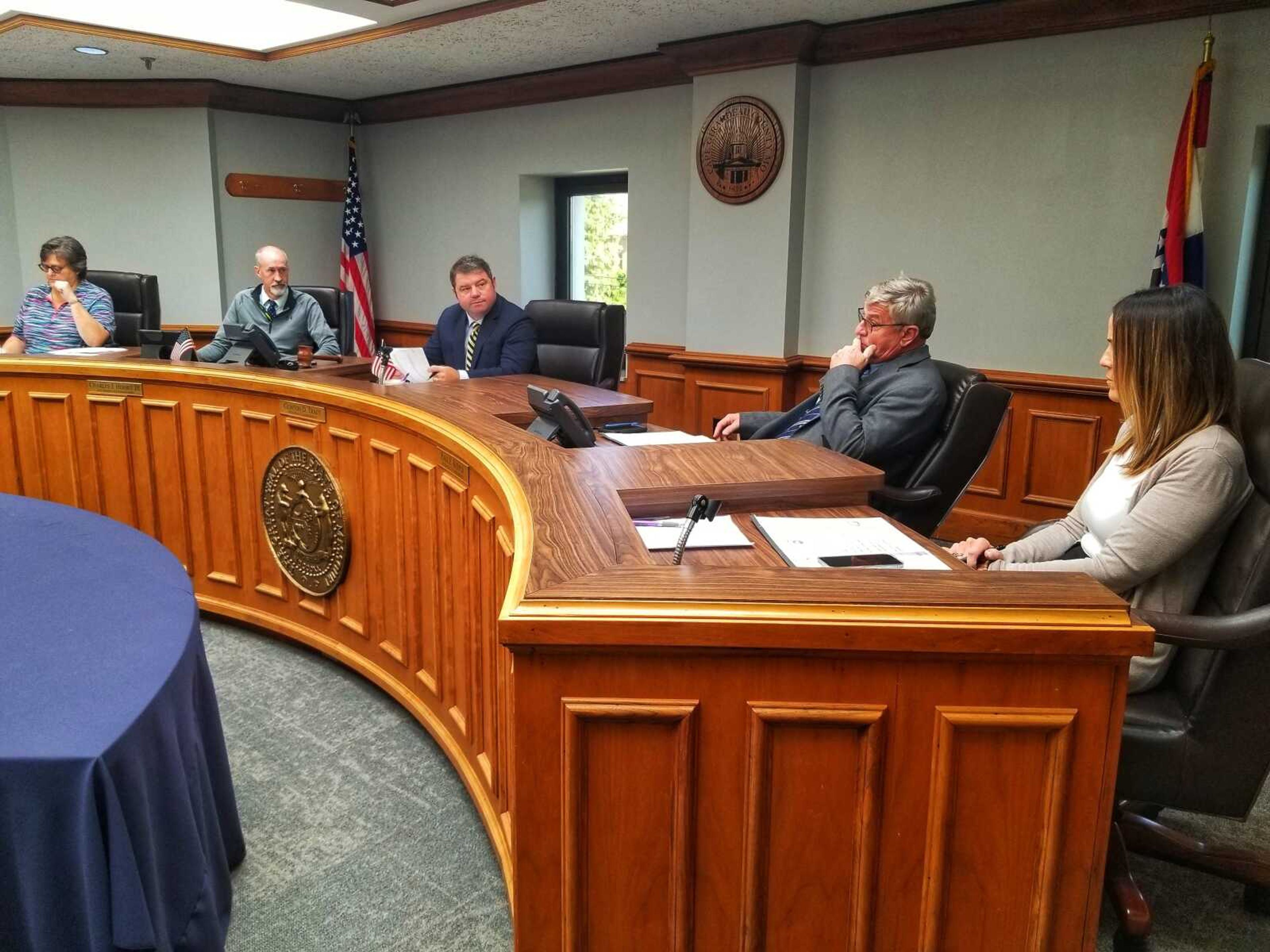Cape Girardeau County asks Legislature to 'revisit' senior property tax relief law
State Rep. John Voss, in his freshman year as District 147 House member serving Cape Girardeau, said Monday, Sept. 18, he is abundantly aware of county officials' concerns about senior property tax relief passed overwhelmingly by Missouri's General Assembly this spring and signed into law July 6 by Gov. Mike Parson...
State Rep. John Voss, in his freshman year as District 147 House member serving Cape Girardeau, said Monday, Sept. 18, he is abundantly aware of county officials' concerns about senior property tax relief passed overwhelmingly by Missouri's General Assembly this spring and signed into law July 6 by Gov. Mike Parson.


Voss said Scott County is hosting a meeting Wednesday, Oct. 11, in Miner, Missouri, to address what Cape Girardeau County Presiding Commissioner Clint Tracy has called "poorly-designed and poorly-executed" legislation, in reference to Senate Bill 190.
"Coming out of that event, I am hopeful there will be broad support for specific language that could be introduced in the Legislature's next session that county officials would be more comfortable with," said Voss, a former Cape Girardeau city councilman who was elected Nov. 8 to succeed Wayne Wallingford in Jefferson City.
SB 190
The measure has two main parts:
- Exempts Social Security benefit payments from Missouri income tax, becoming the 40th U.S. state to approve such a taxing exclusion.
- Provides property-tax relief to seniors if individual counties pass an authorizing ordinance or if a referendum meets with voter approval.
The bill won overwhelming approval from both houses of the General Assembly.
On April 17, the Senate voted "yes", 33-1.
On May 8, the House concurred, voting 154-2 to OK the legislation.
Every Southeast Missouri lawmaker supported the bill sponsored by state Sen. Tony Luetkemeyer of Parkville, Missouri.
In the minutiae of the legislation this language is found: "The amount of the property tax credit shall be equal to the difference between the real property tax liability on the homestead in a given year minus the real property tax liability on such homestead in the year in which the taxpayer became an 'eligible' taxpayer."
Opinions
Cape Girardeau County 2nd District Commissioner Charlie Herbst has crafted a four-paragraph response for taxpayers seeking answers about whether the county will implement SB 190.
Excerpted from Herbst's missive is the following:
"Although the legislature passed (SB 190) with good intention, there is not definitive information for individual counties to responsibly approve locally and (to) implement.
"SB 190 describes an 'eligible credit amount' to be identified for a taxpayer's homestead in the year the taxpayer became eligible for the credit. The statute does not define what happens if the tax was higher in the year the taxpayer became eligible. Nor does it define if the credit only applies to the county general revenue portion of the real property tax or (if it) includes all eligible portions of other taxing jurisdictions (i.e., city, school, senior citizens, mental health, sheltered workshop, fire, library, health.)
"The bill describes an 'eligible taxpayer' as someone eligible for social security retirement benefits. There is no guidance in the bill as to a base age of being eligible. The county has no record of taxpayer age as it pertains to the collection of taxes. It can be assumed that it would be the responsibility of the homeowner to provide eligibility for the credit. A uniform procedure will need to be implemented to verify the above information to calculate a credit."


Cape Girardeau County Collector Barbara Gholson, in a June 13 letter to Parson, urged the governor to veto the bill.
Gholson's thoughts are also excerpted:
"I write to express my concern with the lack of clarity on how section 137.1050 contained within SB 190 would be implemented. I am not opposed to the concept of reducing the tax burden on Missouri senior citizens. The (bill's) language, however, is very ambiguous and mechanically problematic. As such, it does not provide for consistent statewide implementation."
Tracy also said he is not opposed to a tax break for Missourians, in an interview with the Southeast Missourian.
"I want (a tax break) for everybody but I'm not in favor of bad legislation that has to be fixed," said Tracy, himself a former state representative.
First District Commissioner Paul Koeper, who noted school districts are typically the largest recipients of property tax collections, also asked legislators to fix the law.
"This needs to be cleaned up," he said.
Tracy has the last word.
"There are simply too many questions about implementation and about eligibility," he said.
What's next
Herbst said the Missouri Association of Counties has formed a task force to evaluate and suggest a uniform implementation of the statute as a guide so the property-tax credit would be implemented in "a balanced manner" among the state's 114 counties.
"It is hoped Missouri Legislature will revisit the statute and amend (it) to include procedural concerns as identified by local elected officials statewide," he concluded.
Connect with the Southeast Missourian Newsroom:
For corrections to this story or other insights for the editor, click here. To submit a letter to the editor, click here. To learn about the Southeast Missourian’s AI Policy, click here.











